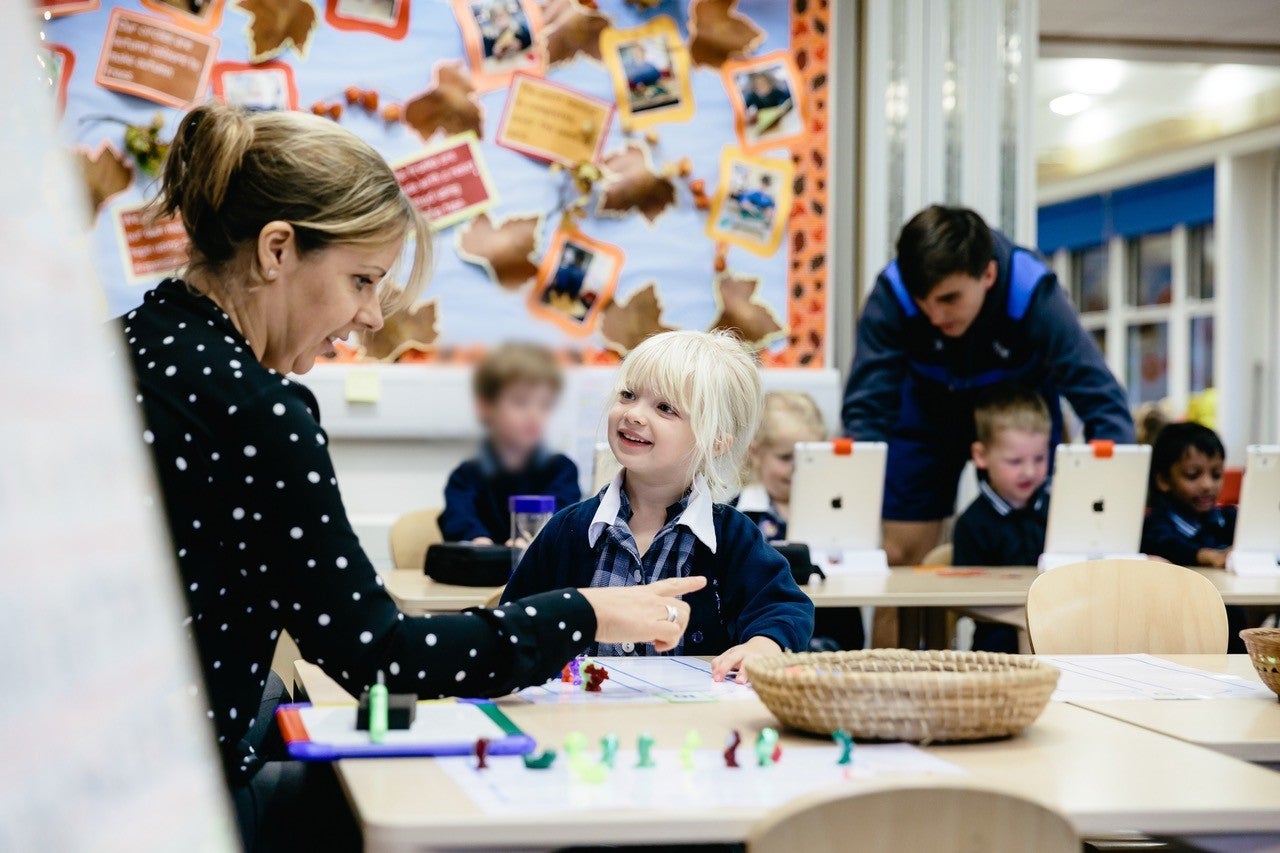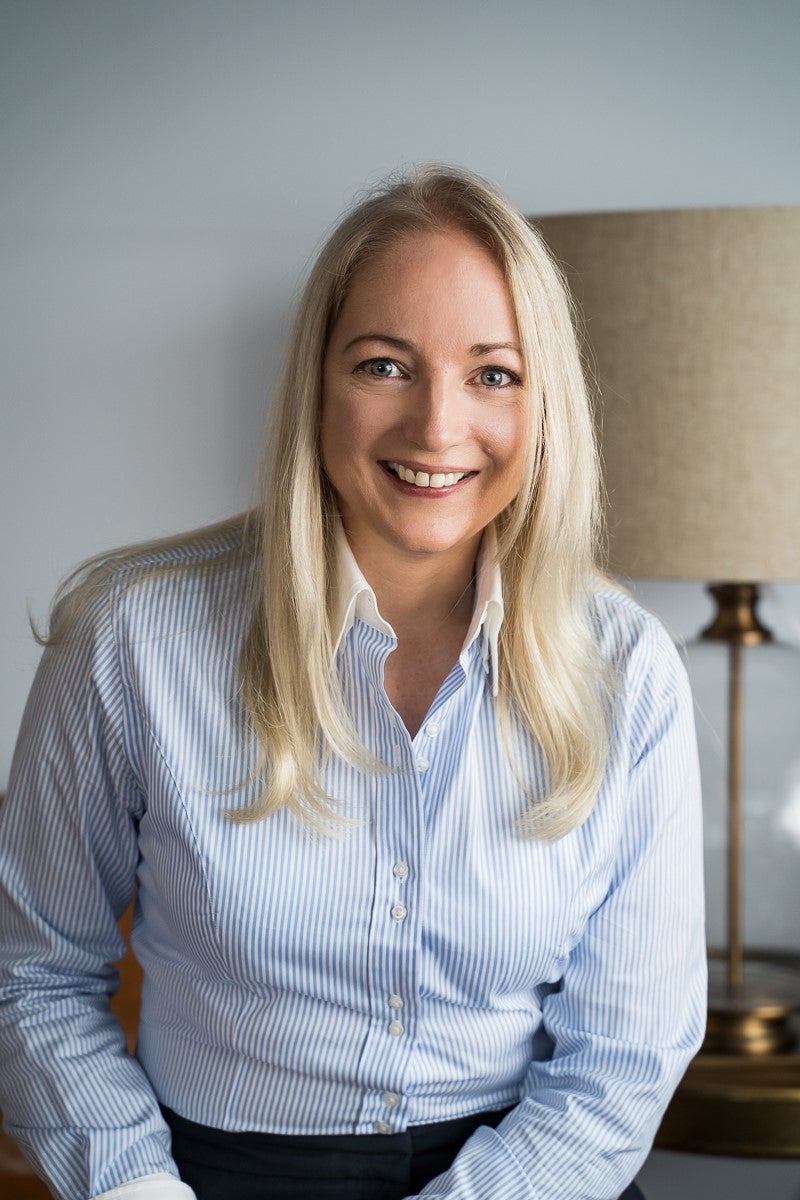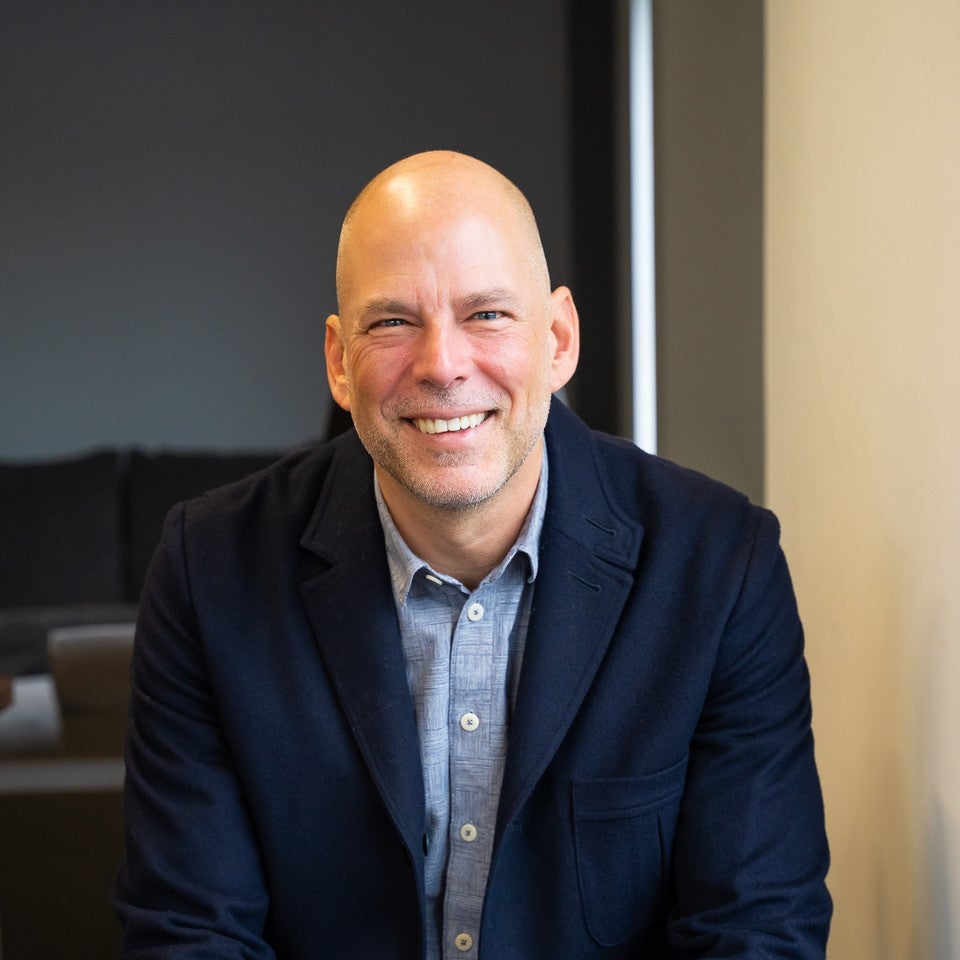iSpace: A mental health and wellbeing curriculum for children
While we are talking more and more about the mental health of adults, less is being done for children, and so Paula Talman and Nick Bushrod set up iSpace. They speak to Martin Friel

We’ve never talked more openly about our mental health, but it wasn’t all that long ago that anyone brave enough to discuss their struggles might have been dismissed as a “crackpot” or even slightly dangerous.
The stigma attached to mental illness was, and to a certain degree still is, heavy, but in the last few years, an acceptance that it is just as important and normal to talk about as physical illness has come to the fore.
But there is one area that has been causing concern, particularly throughout the Covid pandemic – the mental health of young people. According to the World Health Organisation (WHO), an estimated 10-20 per cent of adolescents globally experience mental health conditions, but this is thought to be a low estimate due to underdiagnosis and undertreatment.
The WHO also estimates that depression is the fourth leading cause of illness and disability among adolescents aged 15-19 years, and fifteenth for those aged 10-14 years. Perhaps most tellingly, the organisation estimates that half of all mental illness begins by the age of 14.
Paula Talman, the founder of iSpace Wellbeing, a mental health and wellbeing curriculum for children, has been there and knows what it’s like to suffer as a child.
Read More:
When she moved to secondary school in her native Ireland, she became the victim of bullying which had, she says, a heavy impact on her mental health. But, with the support of family members who worked in healthcare and psychology, she was able to get through it.
Crucially, she knew where to go and how to ask for help, but unfortunately her experience is not the norm, a fact that became all too evident when she started her own career in healthcare.
“I started out in nursing and trained to be a registered adult nurse. I spent a lot of time in mental health hospitals where I discovered that children aged 16 and over were getting mixed up in the adult mental health sector,” she explains.

“That’s not the right place for them to be and they are not getting the right care there. In listening to their stories, I found that they’d arrived there for reasons that occurred before the age of 14.”
So she turned her attention to children’s nursing to try to intervene earlier, but found that practices in medicine and nursing were based on a “fix it” model, rather than a preventative one.
“I decided I wanted to move into education as I didn’t think I was having a big enough impact – I wanted to move into a proactive, preventative sector.”
However, her frustrations continued, coming to a head when she attended a conference on mental health in schools.
“The content hadn’t moved forward at all and was still in the reactive mode of responding to the crisis,” she says.
And it was on the train home from that conference in 2016, scribbled down in a notepad, that the first iSpace Wellbeing curriculum came into being. After securing a year-long pilot at one school, she managed to persuade 10 others to take the curriculum on to support them in achieving the government’s 2020 mental health, relationships and sex education requirements.
Our business is about delivering a social good. We want to balance social good with giving investors a return
Designed for children aged 4-13 and over, iSpace Wellbeing uses a space theme to engage children in gaining the understanding, knowledge, strategies and tools required to take care of their mental health and wellbeing.
The curriculum covers a range of issues, from mental and emotional health to resilience, relationships, puberty and sex education. Initially the product had to be paid for, before a change in the model and ambitions of the business made it available free to every school in the country late last year.
That move has been made possible following a six-figure investment by a venture capital firm, after the start-up had survived for years on individual, private investments. One of those early investors, Nick Bushrod, is now CEO of iSpace Wellbeing, and has brought his experience in tech and finance (and of his own poor mental health) to bear at the fledgling firm.
And while the involvement of venture capital has allowed the firm to broaden its horizons, getting into bed with VC money has been the downfall of many a firm, something that Bushrod is acutely aware of.
He says that the unnamed VC firm has taken a “wonderful stance” on its investment, helping him and Talman through every stage of the process – from pitching to raising the capital – and advising them all the way.
“Our business is about delivering a social good. We want to balance social good with giving investors a return.”

He admits that this is a fine balance to strike, and that while the investment will allow for enhancement of the product, website and marketing, it’s still necessary to provide a reasonable return for investors.
“These firms are coming around to the fact that they need to invest in companies like ours. They realise that wealth creation is not the be all and end all,” he says.
Whether this VC firm remains true to its apparently virtuous intentions remains to be seen, but Talman and Bushrod are already setting their sights beyond the UK. During routine marketing on LinkedIn, they found that there was interest from schools in America, South Africa, the Middle East and Australia.
“The investment will allow us to expand our curriculum and make it culturally appropriate, and there is no reason why we can’t push this out across the globe,” says Talman.
And if the results from those initial 11 schools are anything to go by, teachers across the globe may yet get the support they need to help their students. When the pair surveyed 325 pupils and 15 teachers from three primary schools, they found that 96 per cent of pupils felt the curriculum helped their mental health in some way, while 88 per cent said it had helped them identify who to talk to about their worries.
Perhaps most importantly, over two-thirds of children reported that they now had the right language to talk about their issues and were talking about their feelings more openly than before.
Read More:
“I don’t want any child to experience what I felt,” says Talman.
“I have worked with so many children in the healthcare sector who were suffering with their mental health, and nobody listened, and they suffered. There is an attitude out there of ‘toughen up’, which comes from people who never learned how to deal with their own problems.
“The resilience we teach isn’t about grit – it’s about resourcefulness.”
And it is that resourcefulness that Talman and Bushrod are prepped to instil in children across the UK and beyond, in the hope that they can avoid the pain and suffering the pair had to endure in their own childhoods – a hope that perhaps we all share.
Join our commenting forum
Join thought-provoking conversations, follow other Independent readers and see their replies
Comments